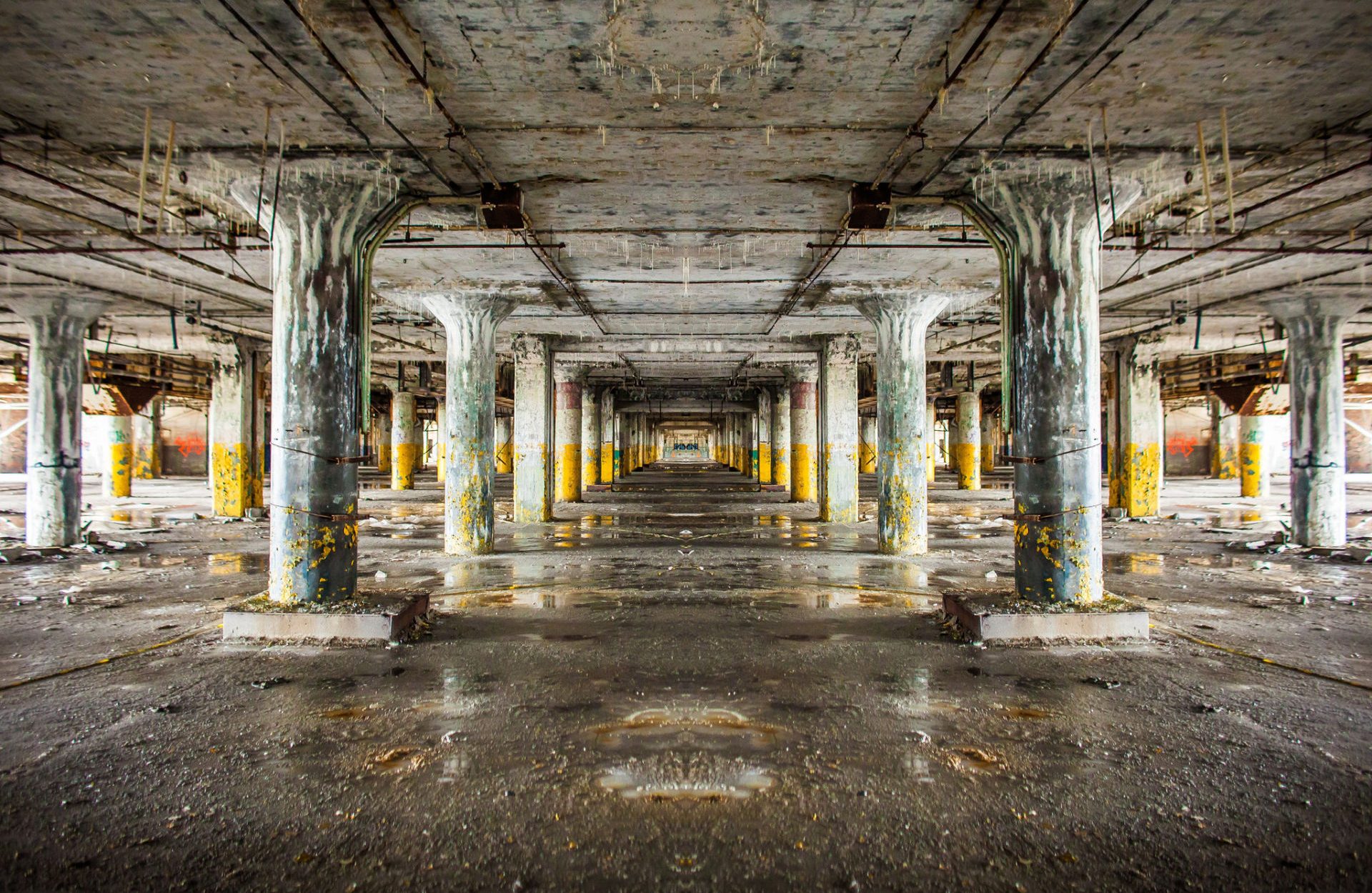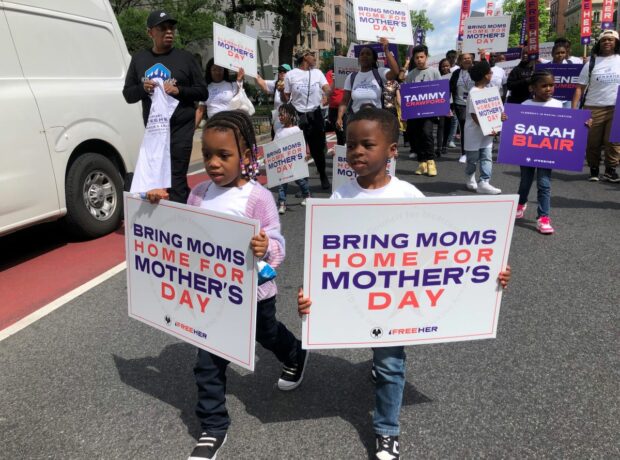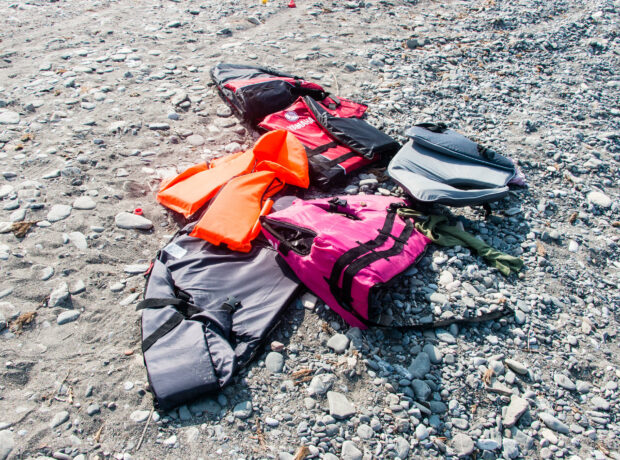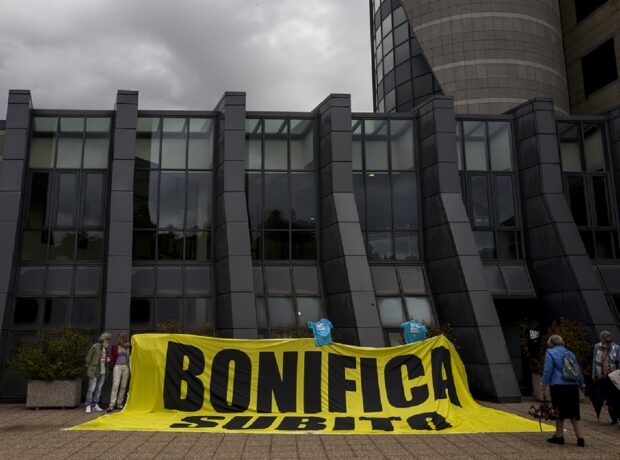Since the unravelling of authoritarianism and the end of conflicts that scarred the region until the late Nineties, the Western Balkans are re-emerging from recent histories, rebuilding societies and reshaping identities.
Those countries are now surrounded by EU member states, and Brussels has invested substantial political energy and injected financial assistance through Stabilisation and Association Agreements to give the region a clear EU perspective facilitated by preferential trade arrangements. At the same time, Turkish and Russian legacies and interests are reasserting their presence throughout the Western Balkans – also a strategic area for NATO since its contentious involvement in Bosnia and Kosovo. But while external powers have looked to the Western Balkans as an international stage offering political and economic opportunities, the people of the region have picked up the pieces of their past and faced the realities of everyday life.
People across former Yugoslavia have withstood waves of radical economic transformations that have taken their toll on community life as well as on employment prospects. In Mechanical Dream, Iva Kontic offers a panoramic view of the city and people of Kragujevac, celebrated for housing car manufacturer Zastava, a massive industry giving work to many in former Yugoslavia. For decades, Zastava was synonymous with Yugo cars, the symbol of a powerful, progressive Yugoslav nation exporting goods in both East and West; today, images of empty factory buildings, bleak city landscapes and people’s complicated relationship with the automotive industry contrast with the idyllic past evoked nostalgically by some. The production plant was founded just after the Second World War, folded and bombed in the Nineties, and recently taken over by Italian car giant FIAT promising a much-anticipated revival. Iva revisits the social realities around the life of Zastava: her video combines different visual, social and personal perspectives on the factory, and residents’ hopes for a new golden era brought by foreign investment. Reflecting on her project, Iva intertwines the fates of Zastava and FIAT, their workers and those left with no job in both Serbia and Italy. And as the future of car manufacturing in Kragujevac remains uncertain, even its new owners at FIAT have moved their headquarters out of the historic premises in Turin to more favourable business conditions abroad, betraying the workforce that built the symbol of Italy’s industrial miracle. Despite all this, in Kragujevac, some remain optimistic about Fiat Automobili Srbija’s ability to create jobs and revive the city. But others wonder what will be of the people of Kragujevac, if this new project doesn’t deliver on its promises: “This city will probably have to disappear”, one disillusioned interviewee said, putting in words her deepest fears for her community.
Besides vital socio-economic justice considerations in transitional and post-conflict communities, cultural spaces and the arts are also sites in which societies may be restored and bridges built between different political and linguistic groups in the Western Balkans. In Kosovo in particular, Serbian attempts to ethically cleanse the Albanian population in the 1990s included an attack on their native tongue: the Albanian language was repressed in public life, Albanian media outlets were shut down, and Albanian children in Kosovo could not access education in their mother tongue. So opportunities in which the two languages may coexist on a par with each other, such as in creative projects, carry a special political symbolism. In Friar Lawrence in the Balkans, Shakespeare scholar Preti Taneja meets Uliks Fehmiu, the son of a Kosovo Albanian actor and a Serbian actress. Fehmiu plays Friar Lawrence in an extraordinary bilingual production of Romeo and Juliet that took place in Belgrade and in Pristina. This was the first time that the administrations of Kosovo and Serbia have collaborated on a cultural event: the play was co-produced by Serbia’s Radionica Intergracije and Kosovo’s Qendra Multimedia. For many of the actors, it was their first experience of meeting and working with counterparts from the ‘other’ side of a conflict that continues to divide along ethnic, religious and linguistic lines. Performed in both Albanian and Serbian by a carefully selected cast of Kosovo Albanian and Serbian actors, this version of Romeo and Juliet provided the chance to speak beyond boundaries to people across the Balkans, and to reach an international audience as well. For Uliks in particular, conscious of his mixed heritage, playing Friar Lawrence in this play was also a political act of reconciliation through language.
Across the world, neighbouring countries with complex political histories and unequal current relations expose ordinary people to lives of hardship and preventable suffering. Kim Harrisberg tells the story of Samuel, a Basotho “street surfer” sifting and carrying recyclable goods on the streets of Johannesburg, like many other men crossing the Lesotho-South Africa border looking for employment opportunities. His story fits into a long history of migration from land-locked Lesotho encircled by South Africa, providing a cheap source of labour in the mining industry and across other exploitative sectors. In Johannesburg, Samuel is merely another unknown face who lives a precarious existence sleeping in parks and sorting rubbish. But the police are making life increasingly difficult for these migrant workers, fencing off parks where they sleep, setting fire to their blankets and clothes, and keeping a close eye on them. So after a minor brawl defending himself from an attack by another street surfer, Samuel ended up in prison, only to be released back onto the streets after charges against him were dropped a few months later: deportation was too much time, money and effort.
What is worth our time and efforts? Just a few weeks ago, the inauguration of the Trump administration in the US sparked a range of community responses, with many ordinary people across the world concerned by the new president’s statements on women, religious and ethnic pluralism, and political borders. At the Women’s March in London, captured in a short film by Mark Latimer, many expressed their fears and hopes for the future. “We will build bridges, not the wall, we will defend our human rights, we will fight on against the hate” is the powerful slogan and intention of women and men who uphold an alternative vision for the world, based on justice, equality and human rights. Building metaphoric bridges that in practical terms connect people, communities, cultures and political groups seems like the only option available to make the world a better place for everyone, regardless of who they are and where they’re from.
Bannery photo by Thomas Hawk.



